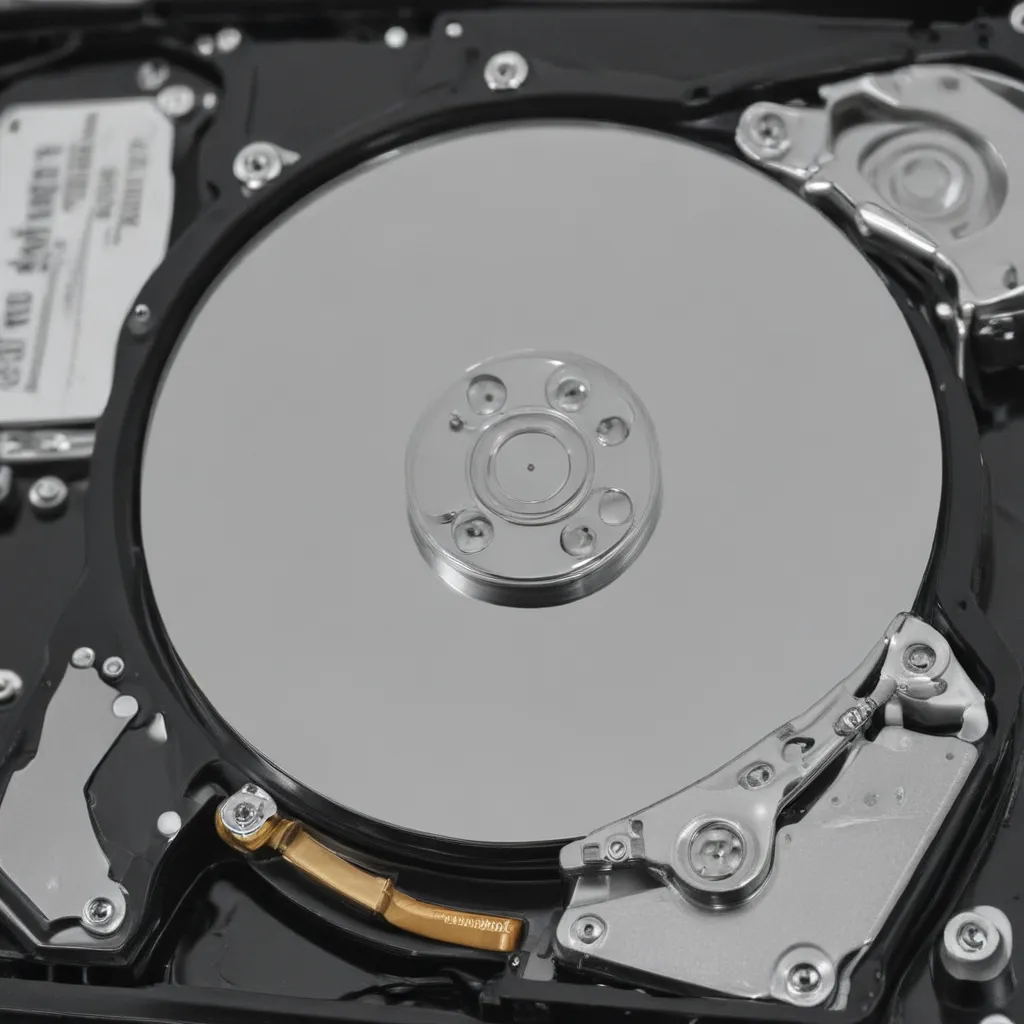
Crashing Computers and the Curse of Constant Chaos
Have you ever had one of those days where your computer just won’t cooperate? You know, the kind where it freezes up, crashes, or randomly shuts down, leaving you staring at a blank screen in utter bewilderment? If so, then you’re definitely not alone. In fact, I’ve been there more times than I care to admit.
As someone who relies on their computer for work, I can attest to the sheer frustration of dealing with a machine that seems to have a mind of its own. It’s like playing a never-ending game of technological Russian roulette, where you never know when the next system failure is going to strike. And let me tell you, it can really put a damper on your productivity – not to mention your sanity.
Diagnosing the Problem: Is It a Hardware Issue?
Now, when it comes to these types of computer woes, the first thing to consider is whether the problem is hardware-related. After all, if your hard drive is on its last legs, it’s no wonder you’re dealing with constant crashes and freezes. And trust me, I’ve been there too.
In my case, I had a Dell Inspiron 1525 that was just a few years old, and it started crashing on me like clockwork – about three times a day, to be exact. I tried everything, from running malware scans to resetting the computer to its factory settings, but nothing seemed to work. It was like a sick game of cat and mouse, with my computer always one step ahead of me.
Uncovering the Root Cause: Digging Deeper with Diagnostics
Frustrated and at my wit’s end, I decided to take a closer look at the problem. I started by running some diagnostics on the system, hoping to get to the bottom of what was causing all these crashes. And boy, was I in for a surprise.
According to the event logs, the issue seemed to be related to a hardware failure – specifically, a problem with the processor or memory. Every time the computer crashed, there were error messages indicating that the system was experiencing a “DPC_WATCHDOG_VIOLATION,” which essentially means that a device driver or piece of hardware was taking too long to respond, causing the system to freeze up.
Resetting and Reseating: A Potential Fix for Failing Hardware
Now, the good news is that this type of issue can sometimes be fixed by simply resetting or reseating the internal components. And that’s exactly what I tried next.
First, I disconnected any external devices that were connected to the computer, just to rule those out as the culprit. Then, I carefully removed and reseated the memory modules and hard drive, making sure that the connections were secure. And you know what? It actually seemed to do the trick!
After following the steps outlined by the Dell support team, the computer was able to run the diagnostics without crashing, which was a promising sign.
Troubleshooting Software Issues: Updating Drivers and Resolving Conflicts
Of course, the saga didn’t end there. As I delved deeper into the issue, I discovered that there was more to the story than just a hardware problem. Turns out, there were also some software-related issues that were contributing to the constant crashes.
According to reports from other users, certain drivers and system software can cause severe compatibility issues, leading to everything from BSOD crashes to complete system freezes. And in my case, it seemed that the Panda Security antivirus software I had installed was causing some major problems.
So, I decided to uninstall Panda and switch back to Windows Defender, which seemed to do the trick. And just to be on the safe side, I also made sure to keep my drivers and other critical system software up to date, which helped to ensure that everything was running smoothly.
The Final Verdict: A Hard Drive Replacement
After all that troubleshooting, it became clear that the root cause of my constant crashing woes was a failing hard drive. The event logs and diagnostic tests had revealed some serious hardware issues, and the only way to truly fix the problem was to replace the hard drive.
Now, I know what you’re thinking – replacing a hard drive can be a real hassle, and it’s not exactly the cheapest fix. But trust me, it’s worth it in the long run. After all, a healthy hard drive is the backbone of a well-functioning computer, and if yours is on its last legs, it’s only a matter of time before your system starts to become increasingly unstable.
Restoring Stability and Regaining Productivity
Luckily, I was able to find a reputable computer repair service in the UK that was able to quickly and efficiently replace my hard drive. And let me tell you, the difference was night and day. No more constant crashes, no more lost productivity, and no more hair-pulling frustration.
It’s amazing how much of a difference a simple hardware swap can make. And while it may have been a bit of a pain in the moment, I can honestly say that it was well worth the effort. After all, a reliable, crash-free computer is essential for anyone who relies on their machine for work or play.
So, if you’re dealing with constant computer crashes and you suspect that it might be a hard drive issue, don’t hesitate to take action. Whether you tackle the problem yourself or enlist the help of a professional, it’s a small price to pay for the peace of mind and productivity that comes with a well-functioning machine.












